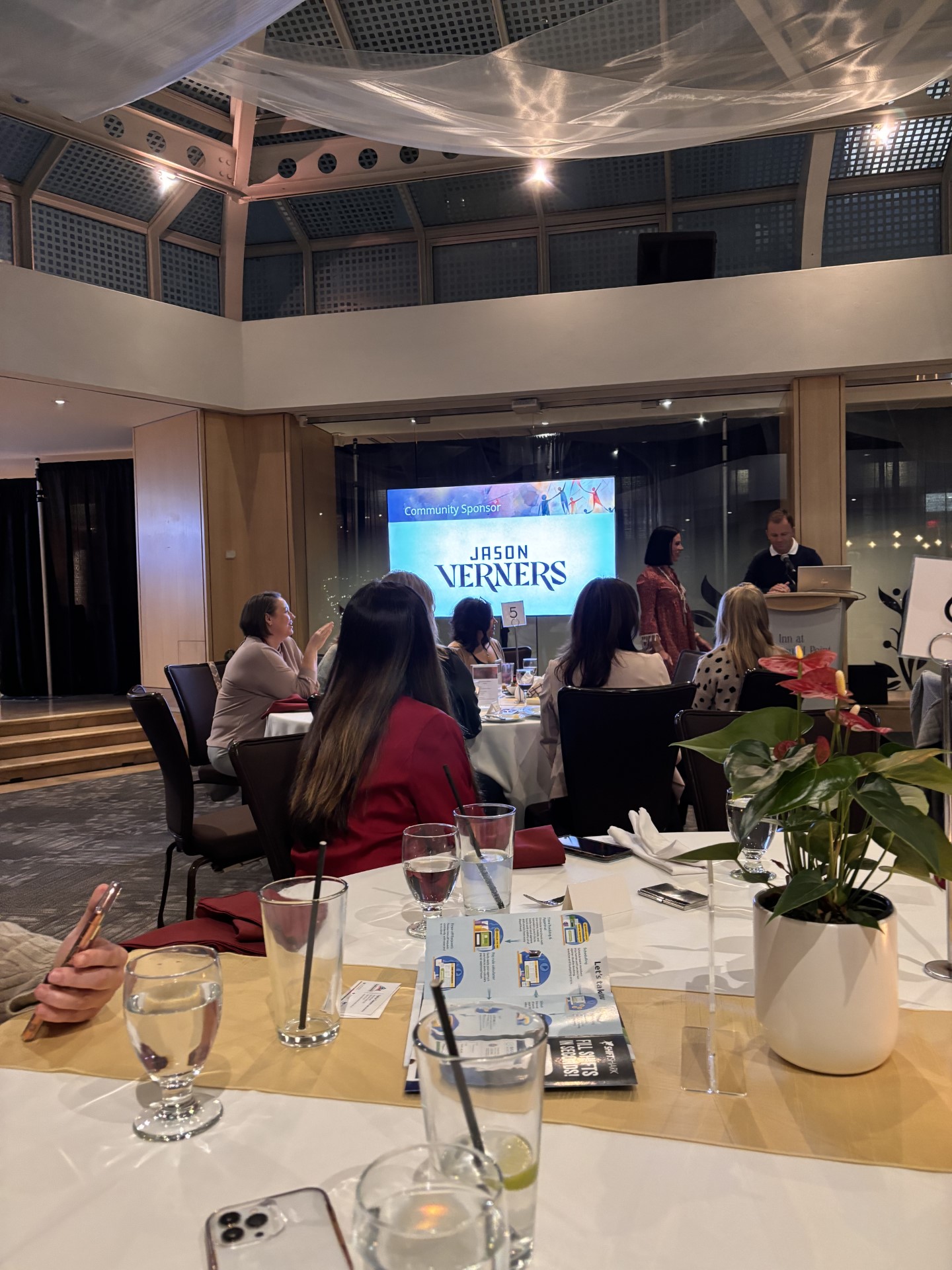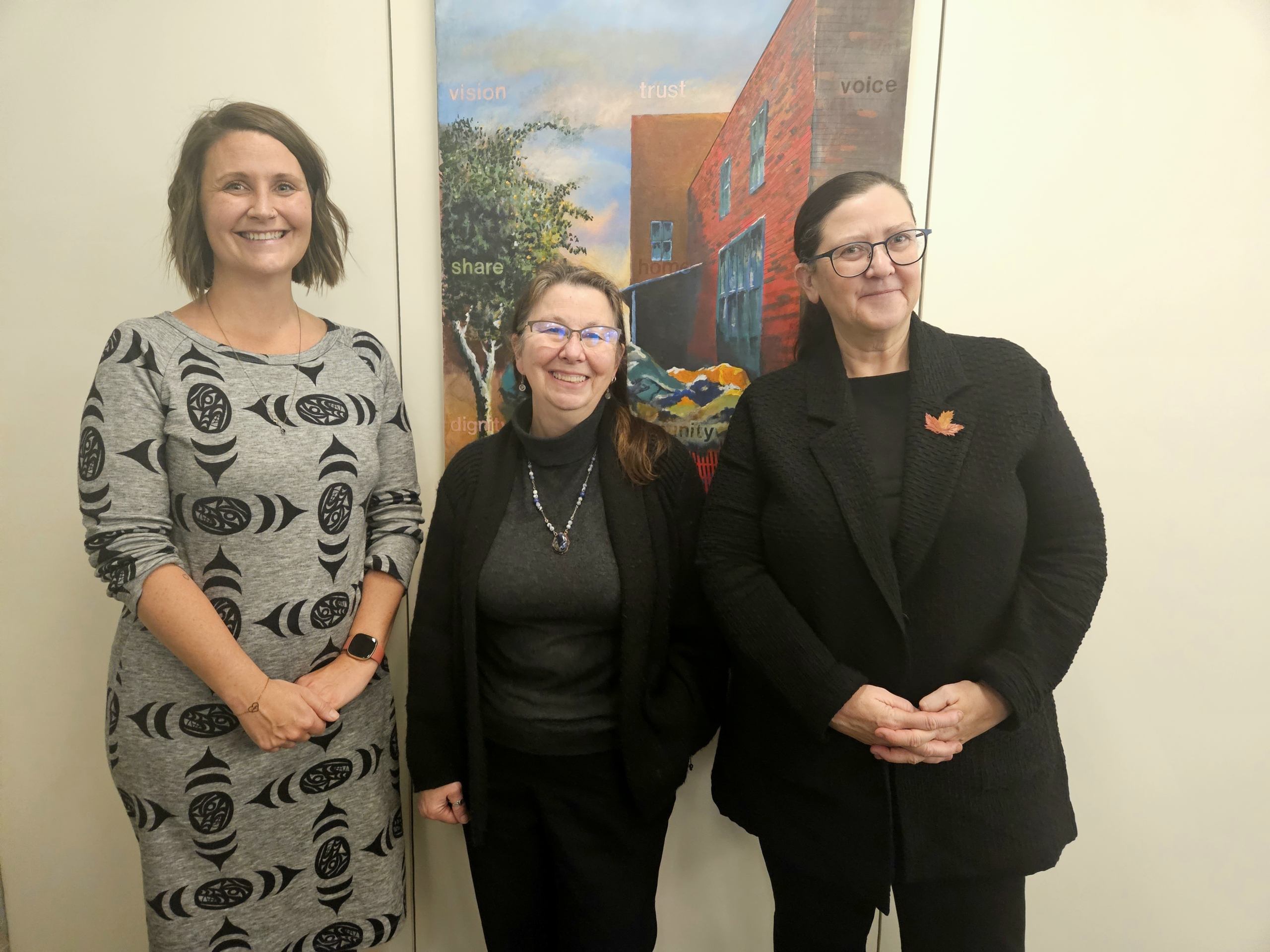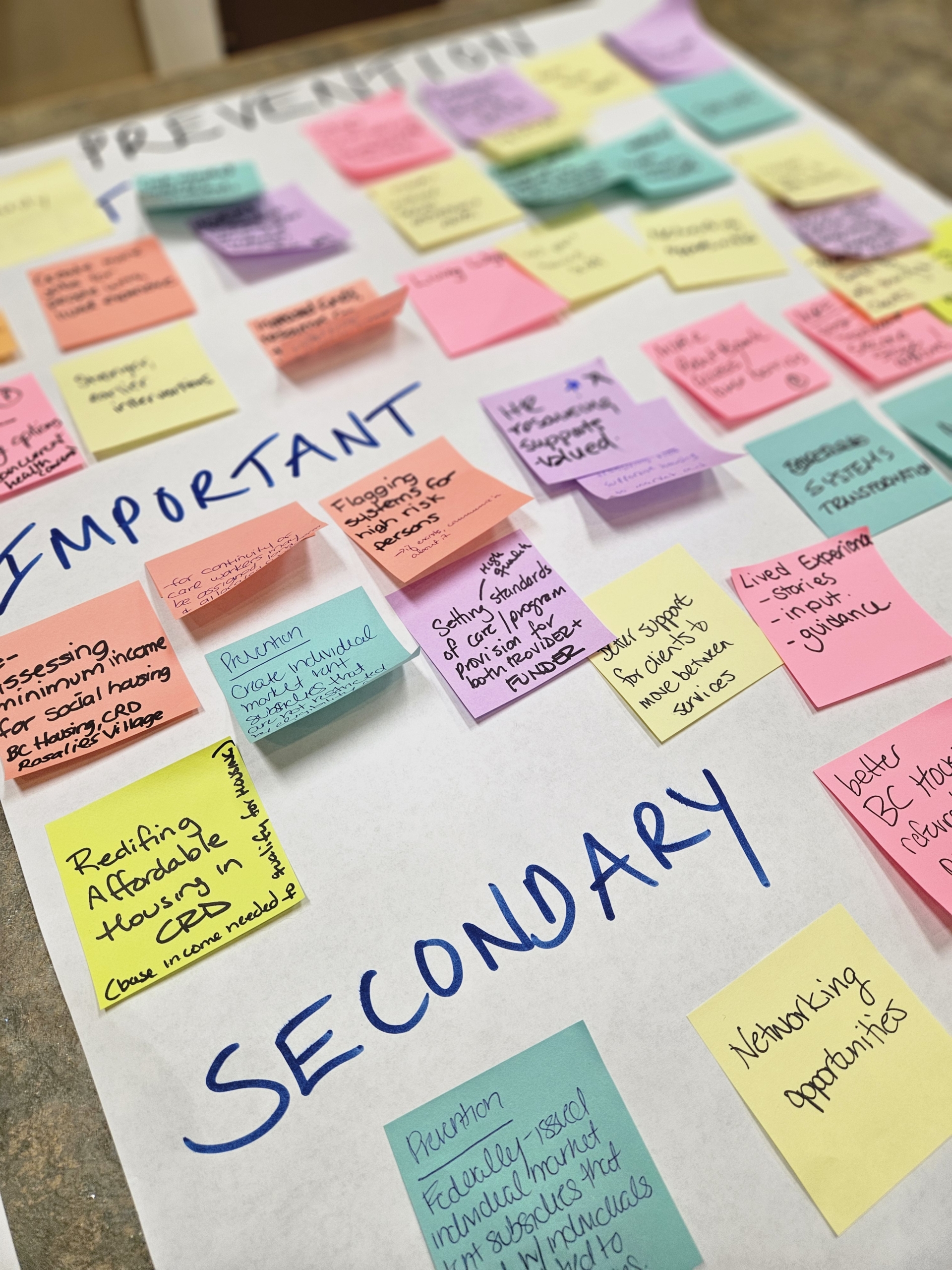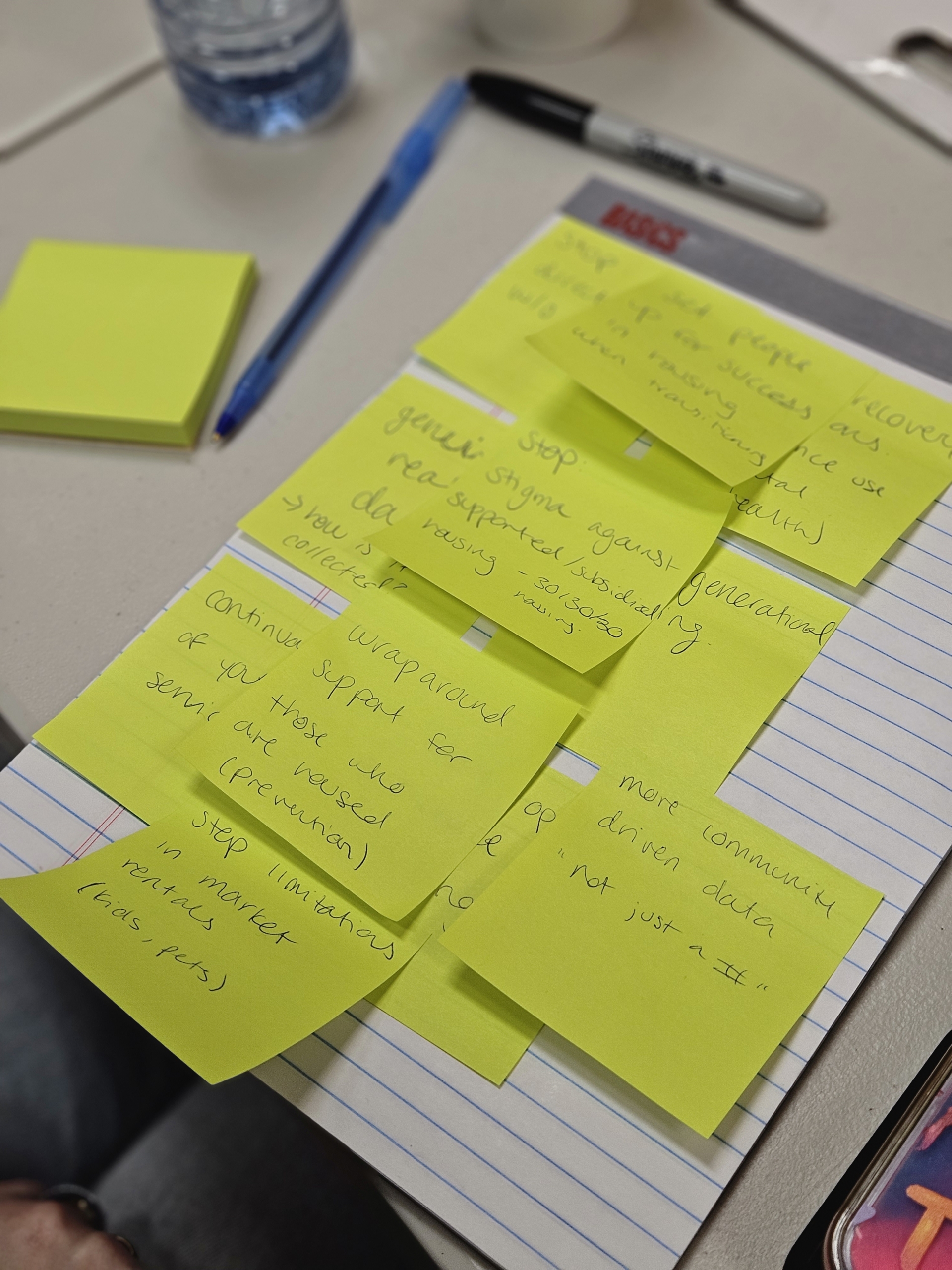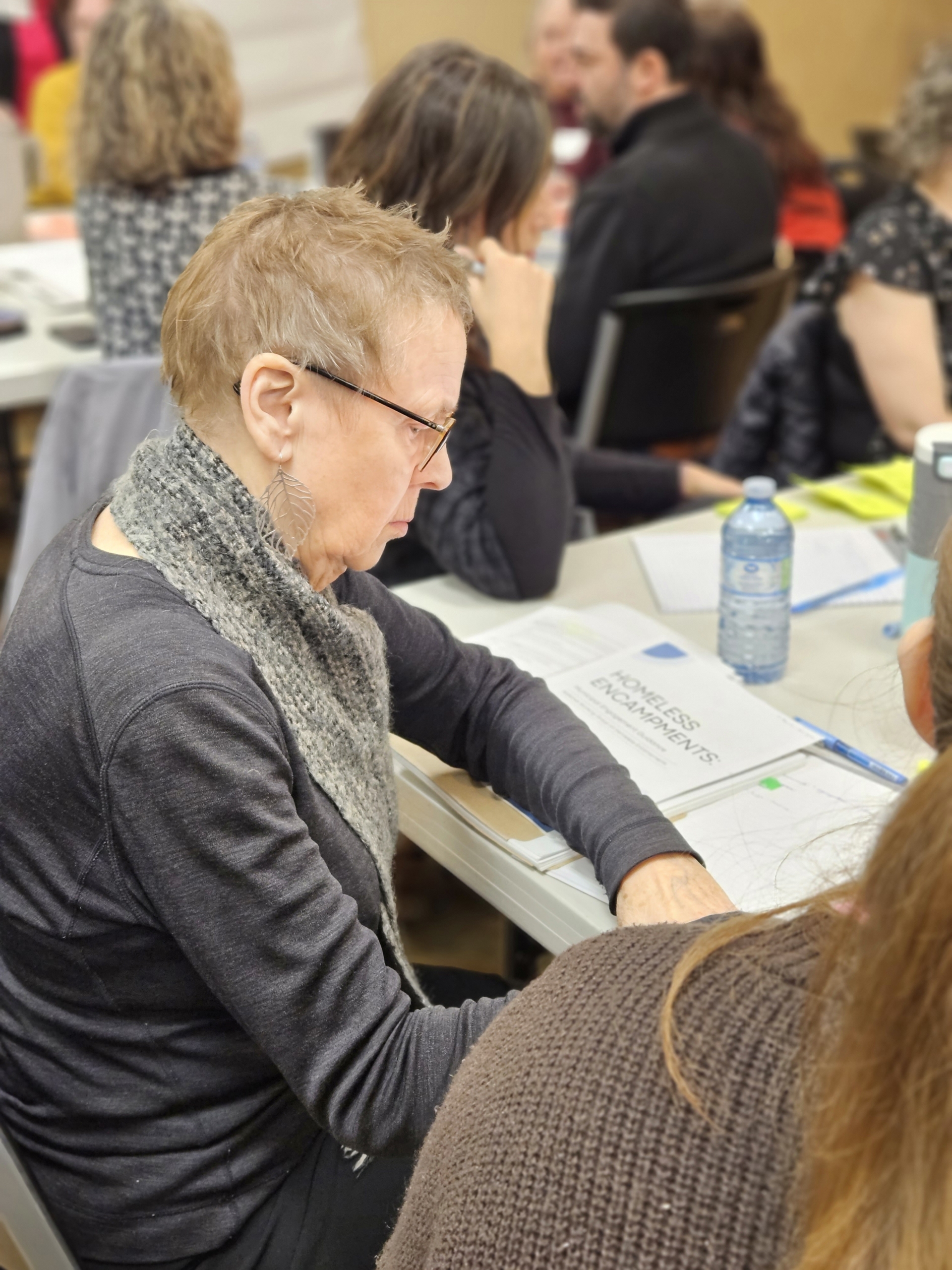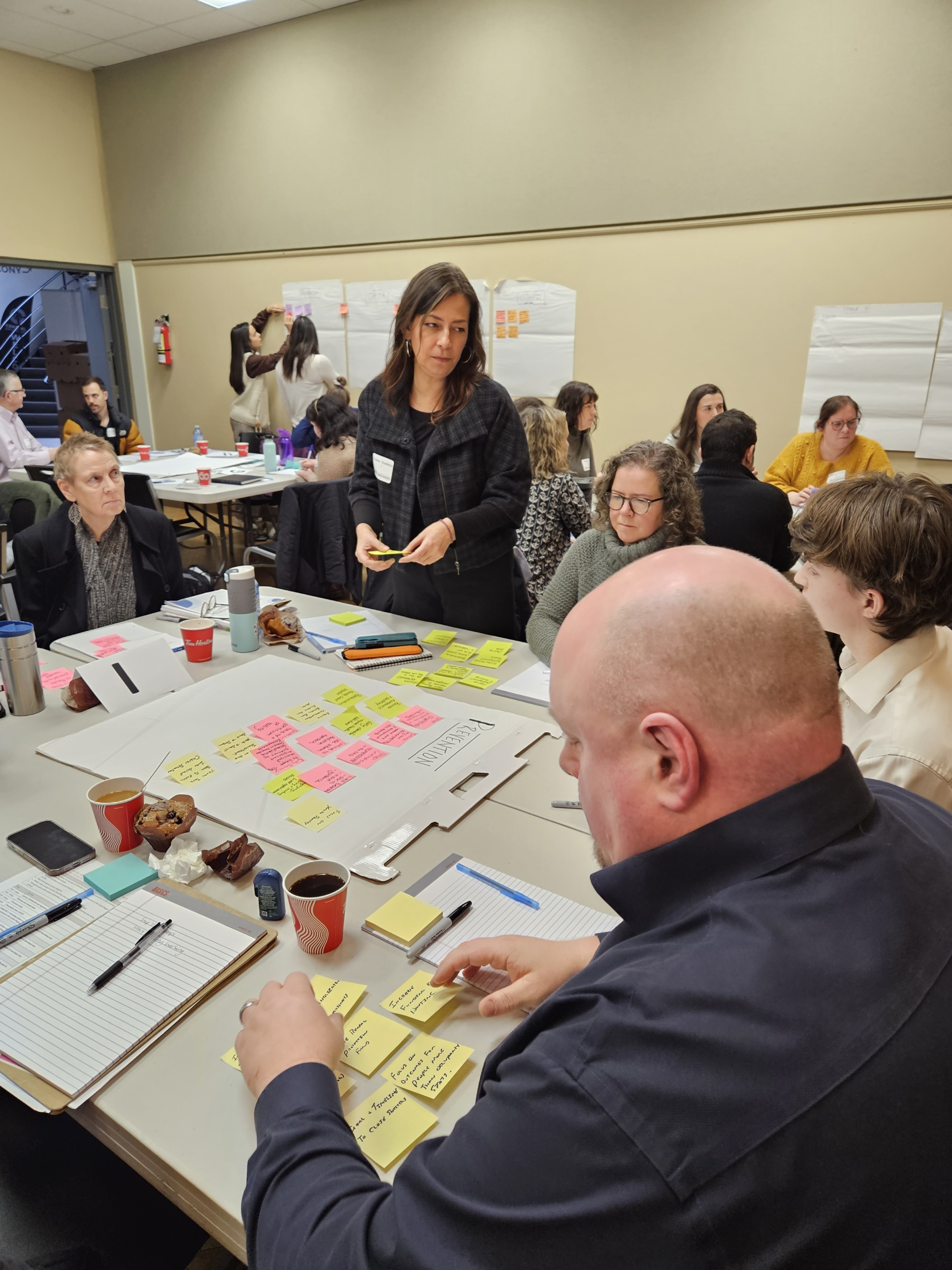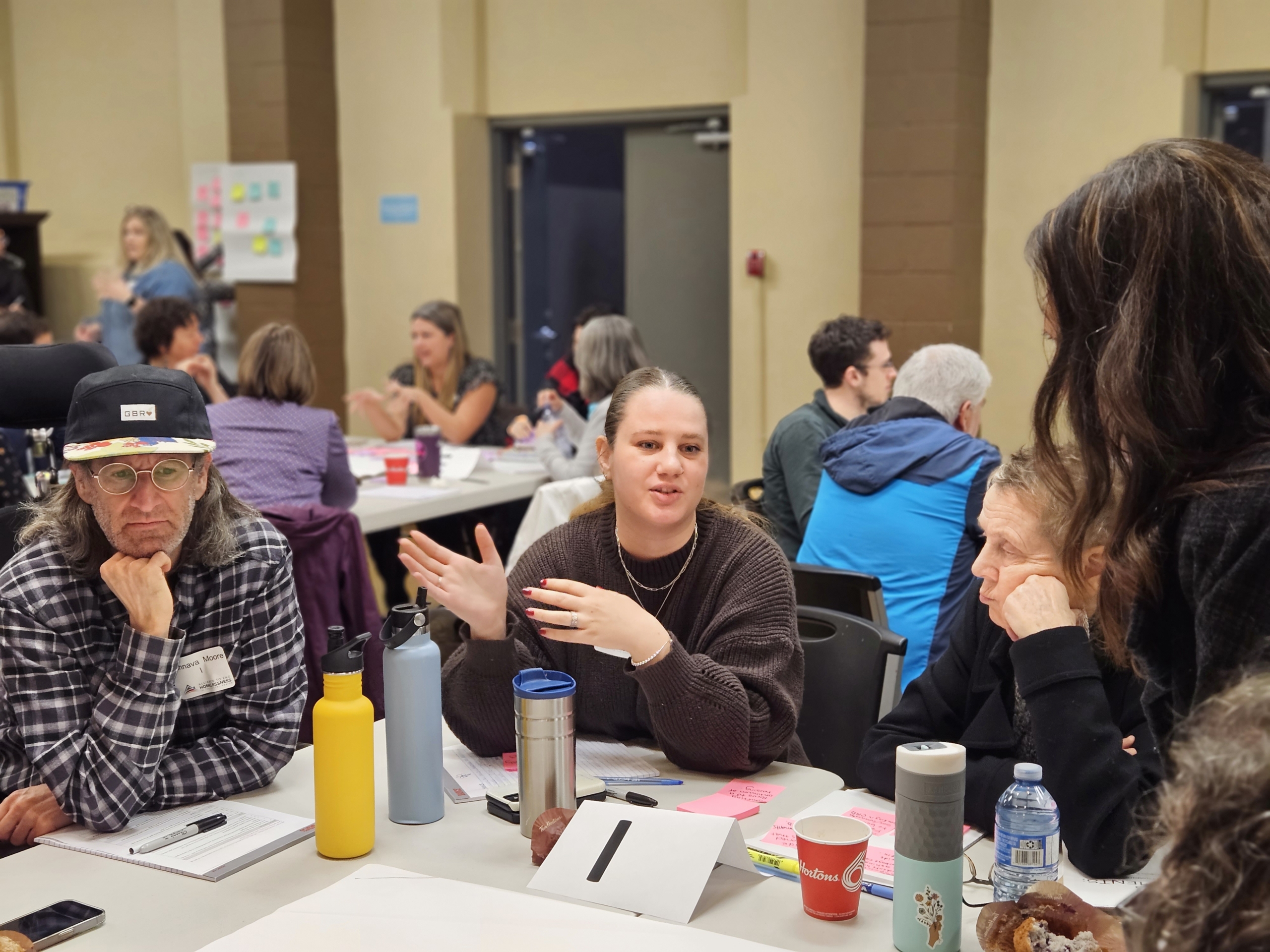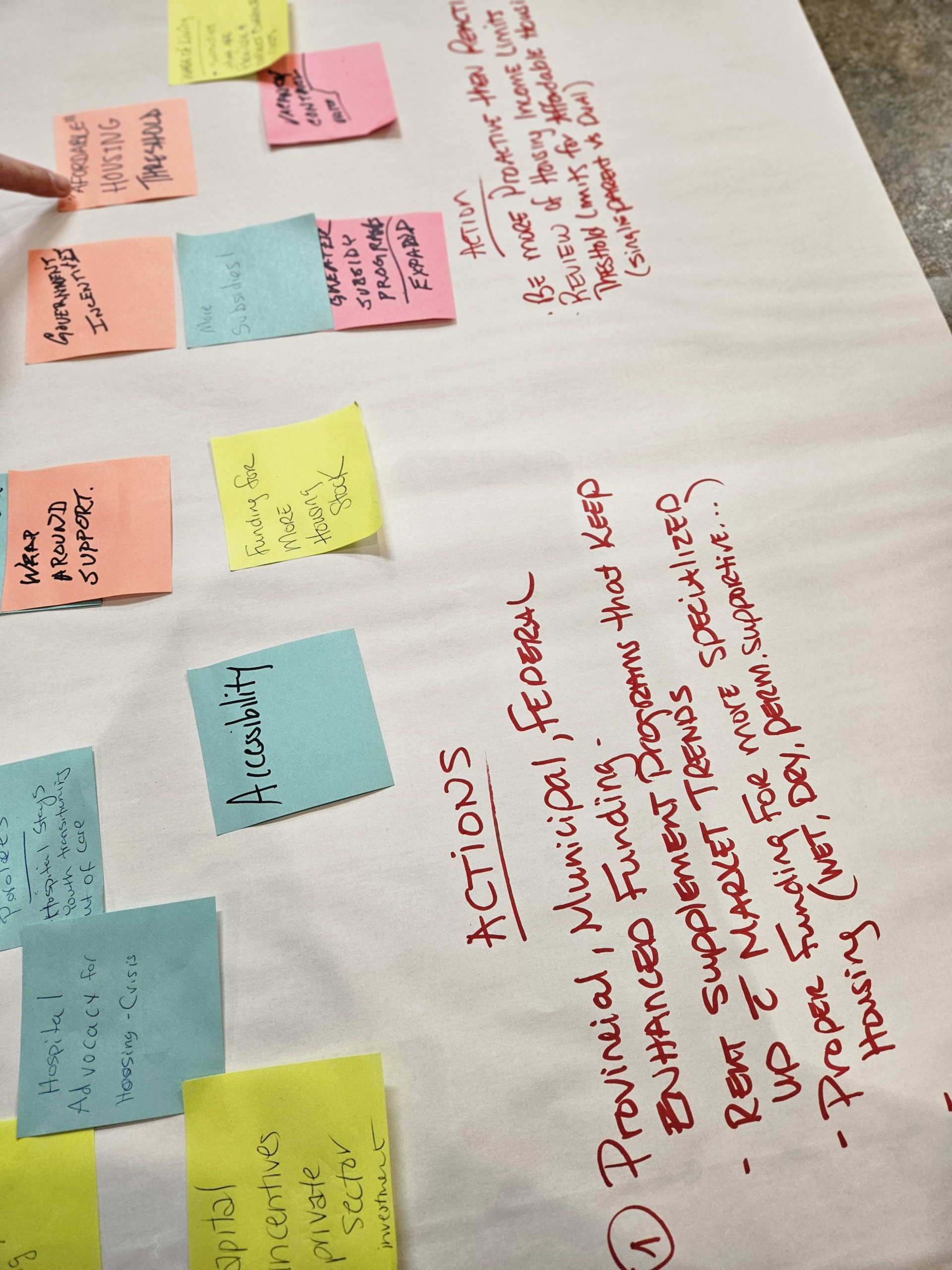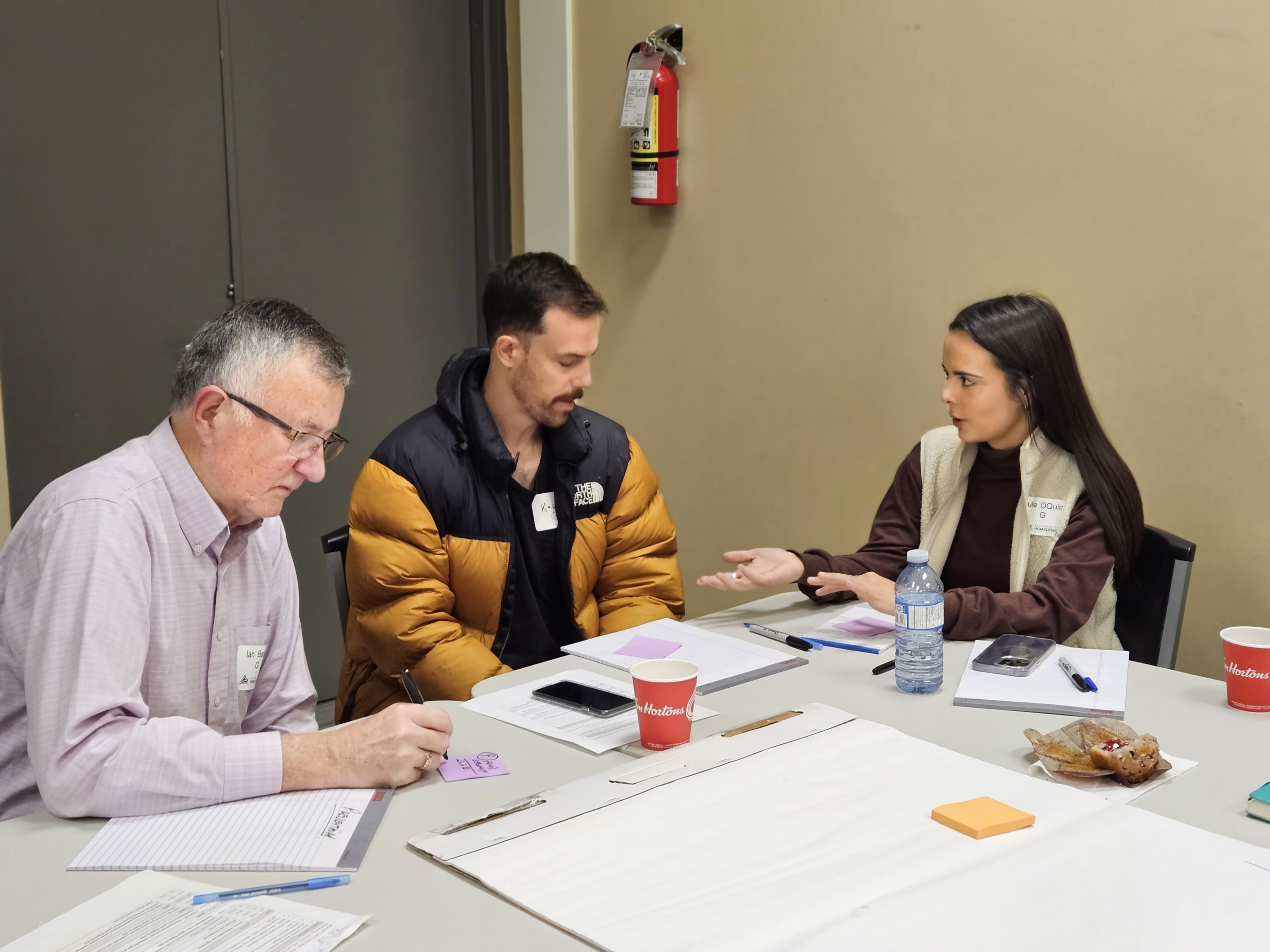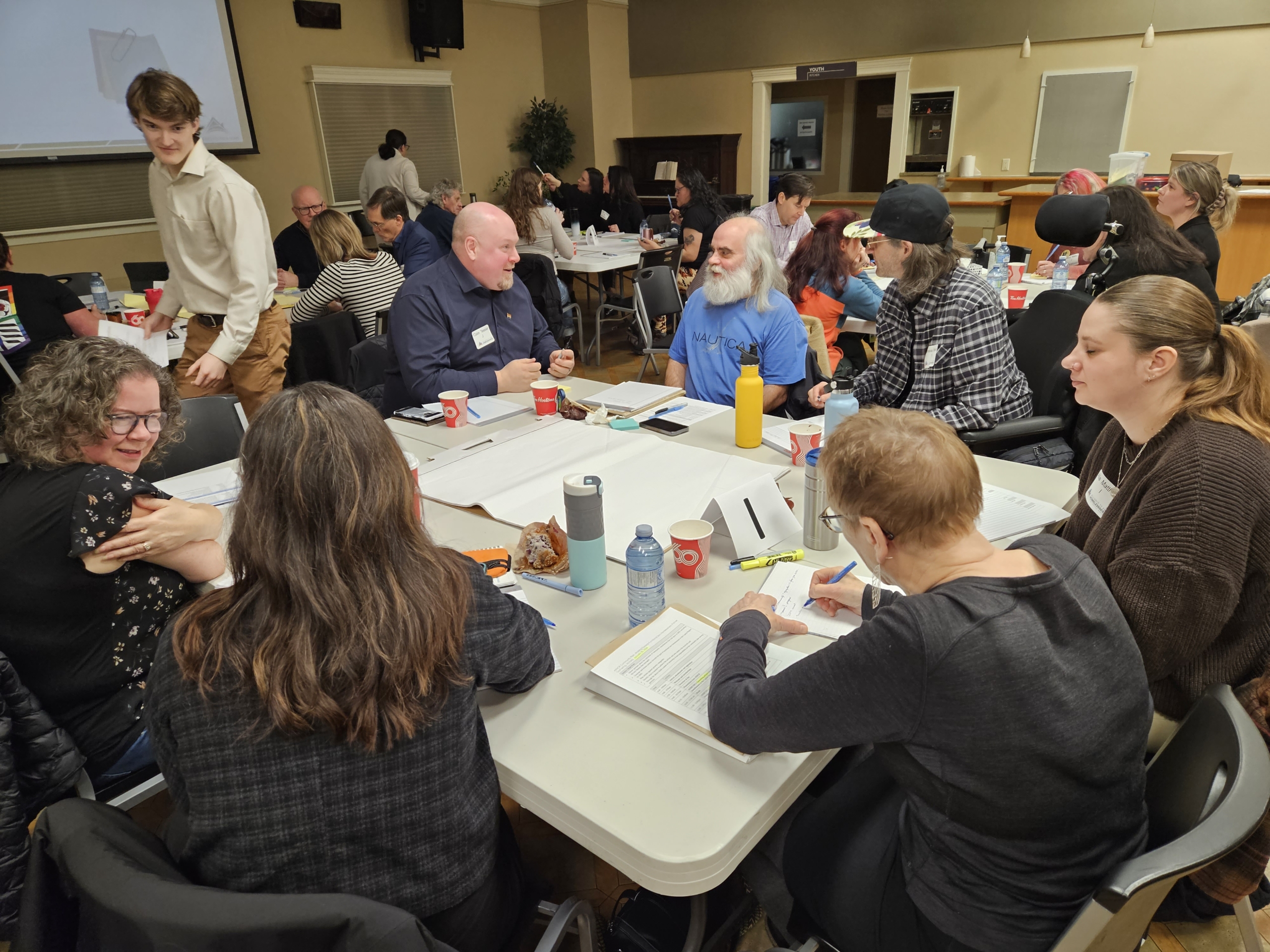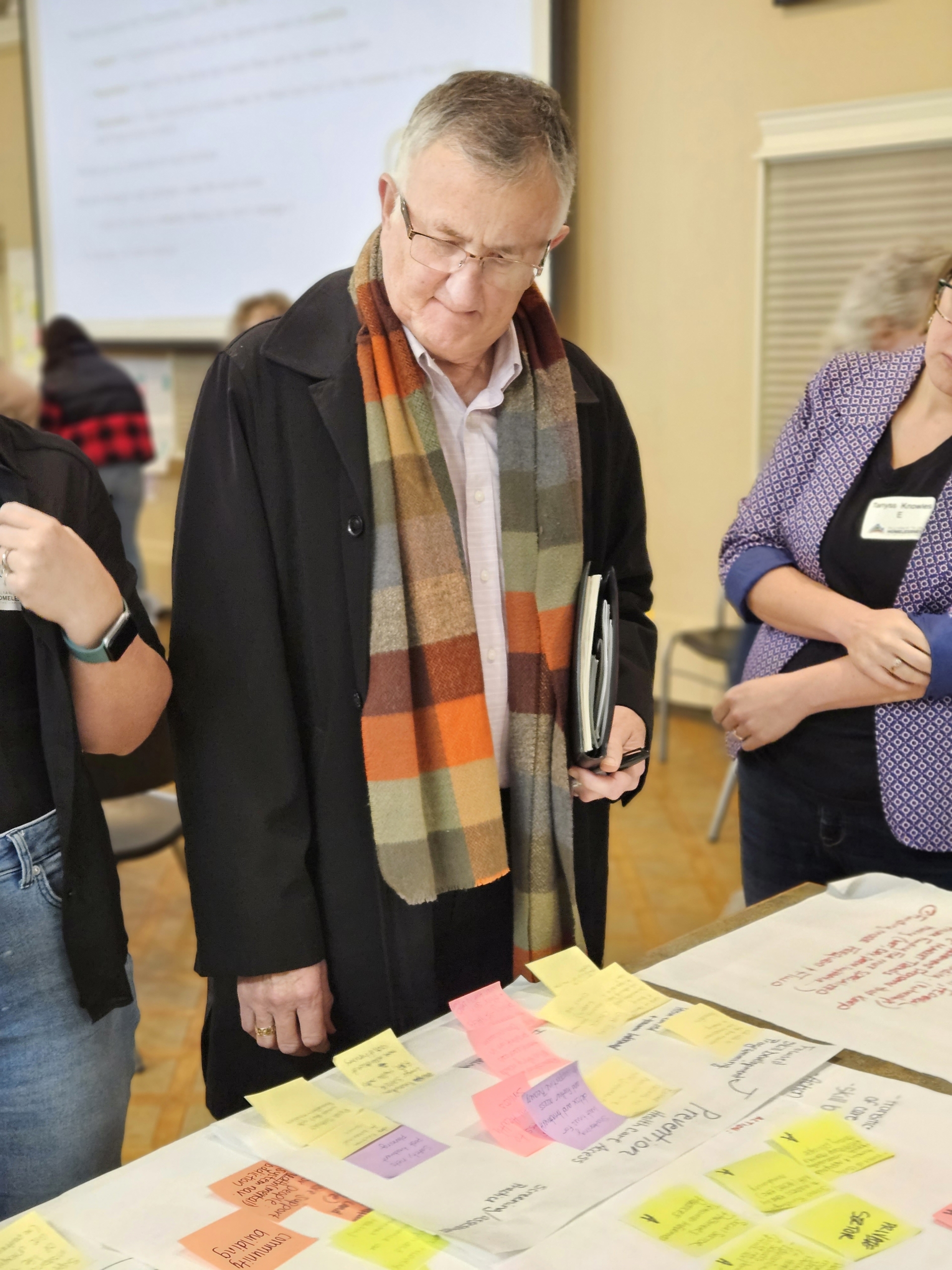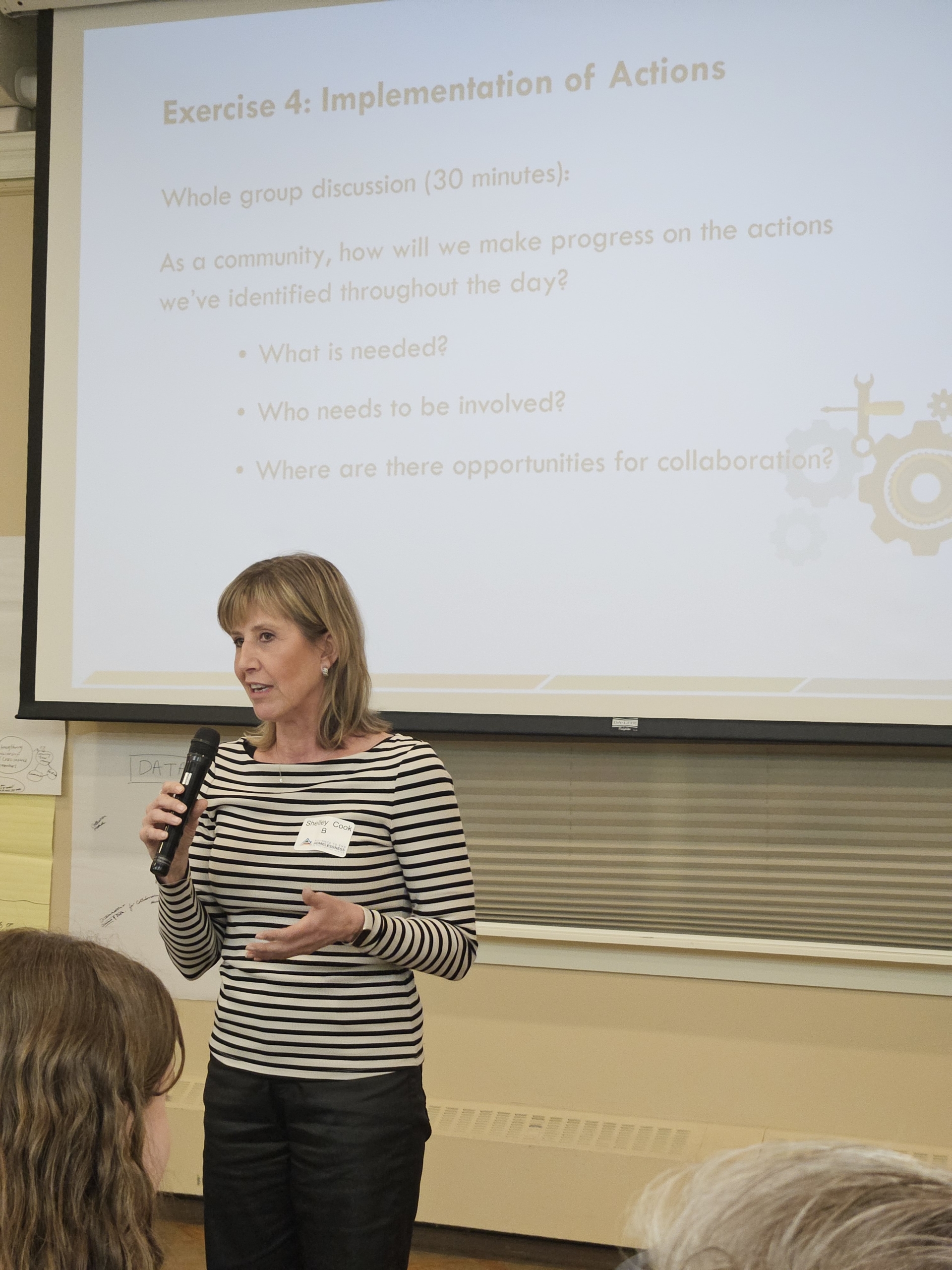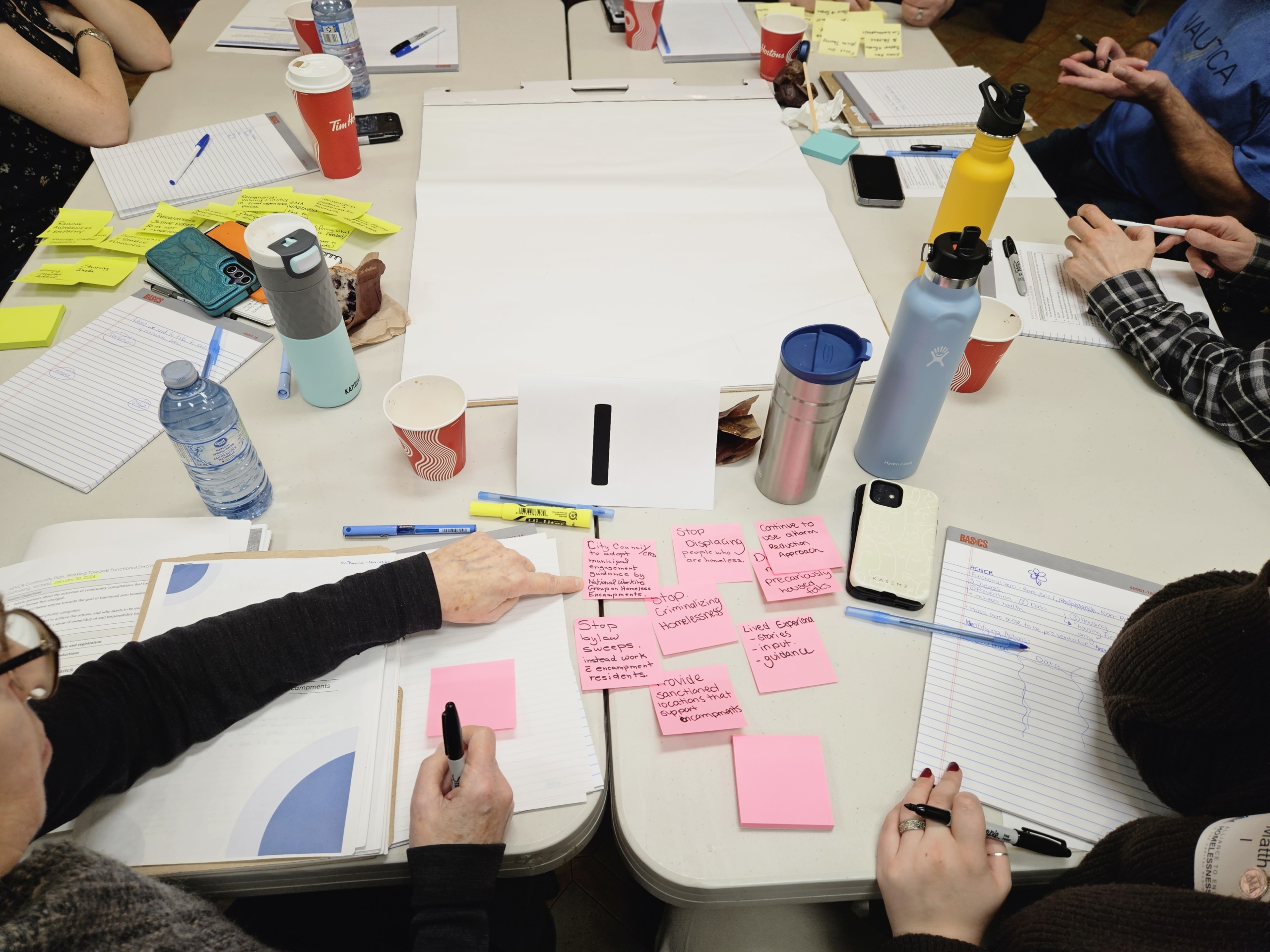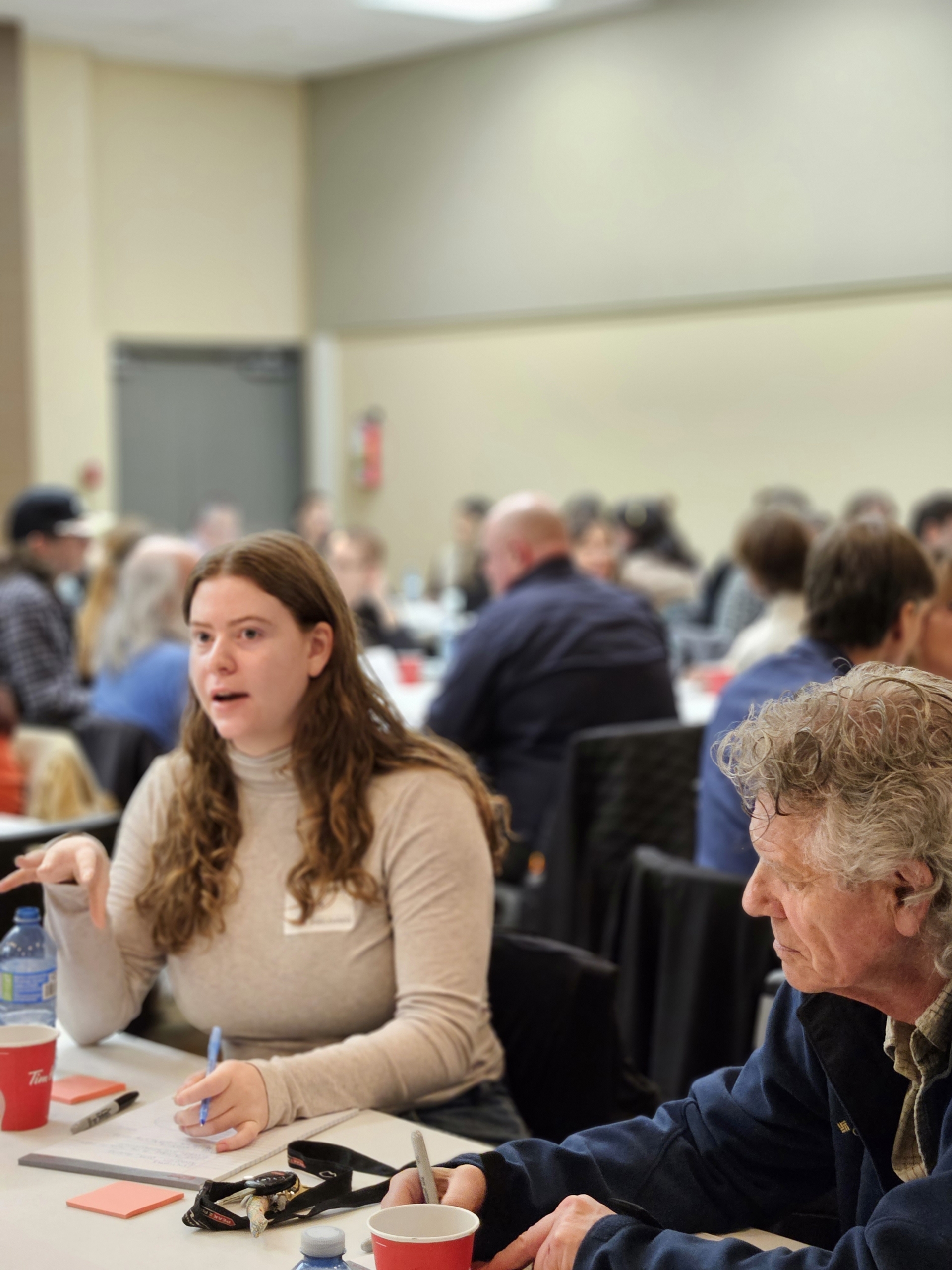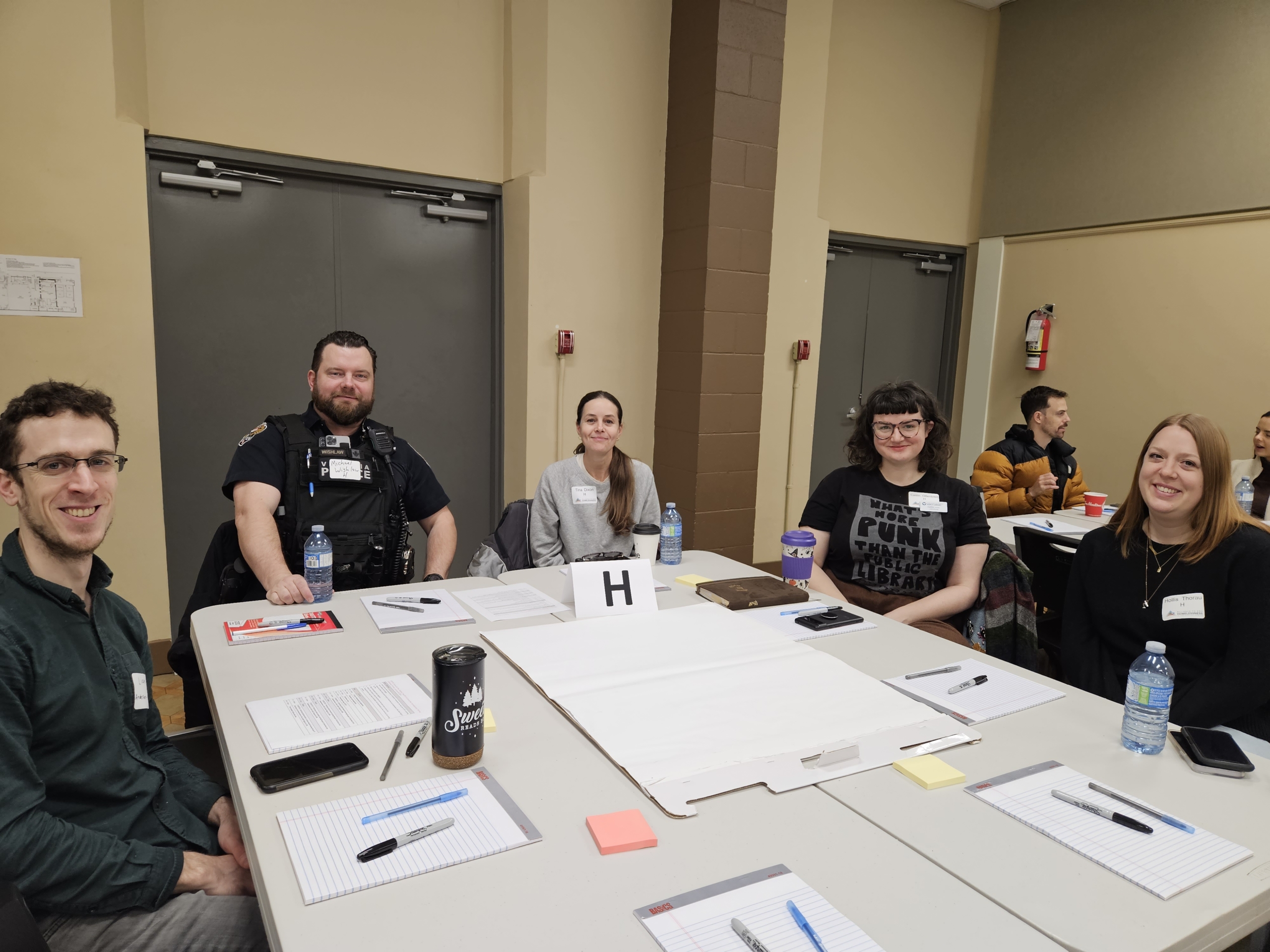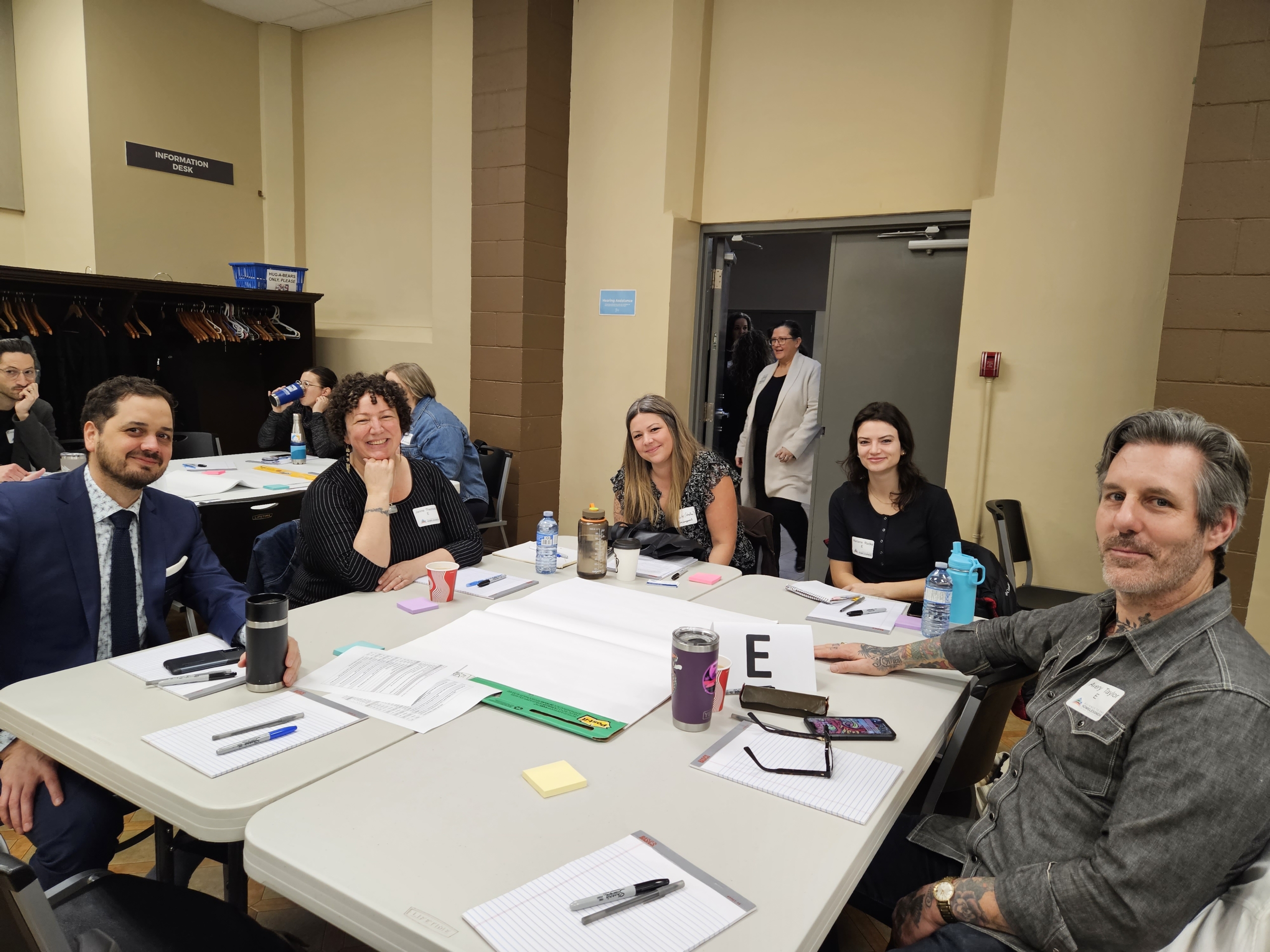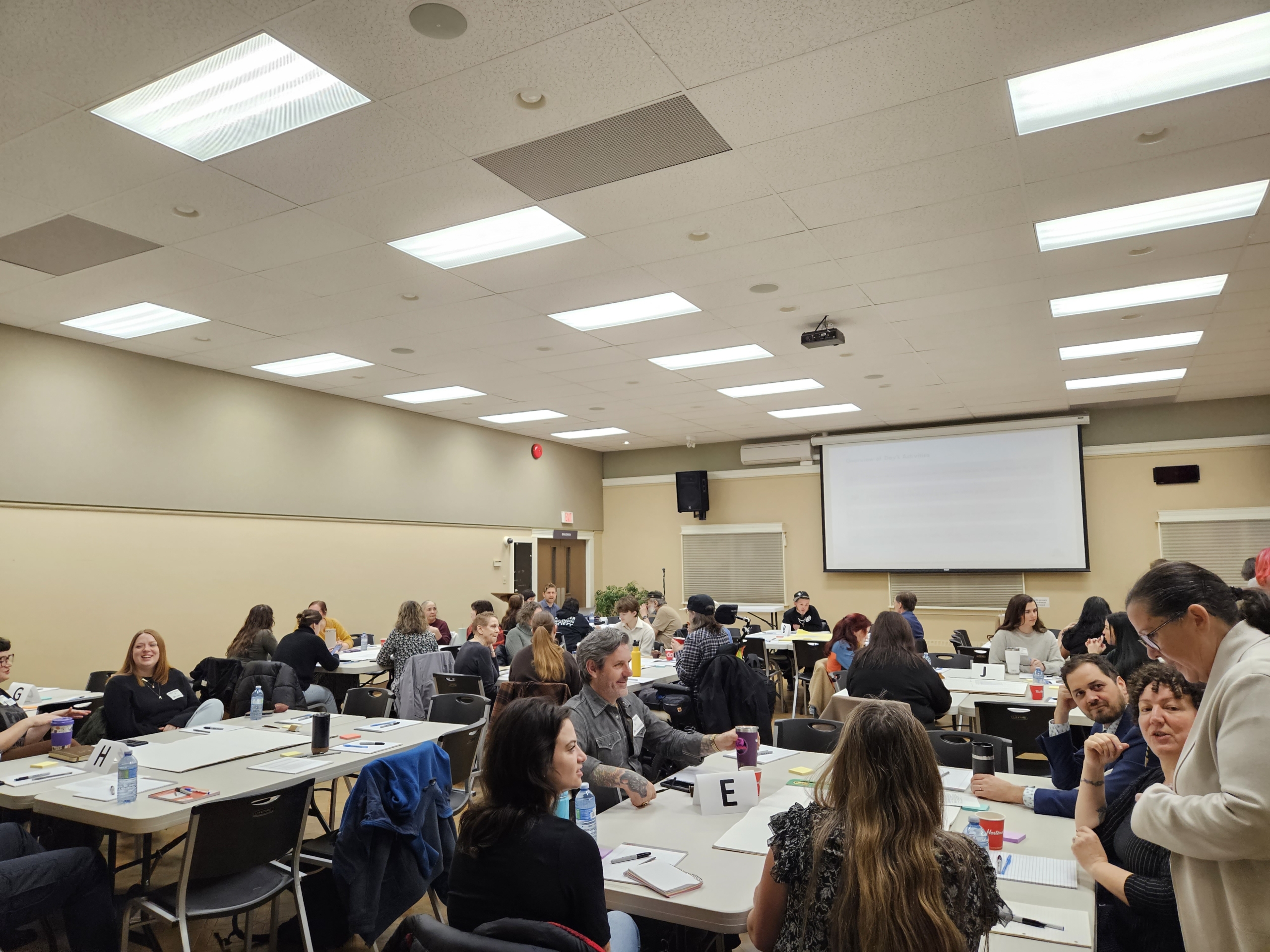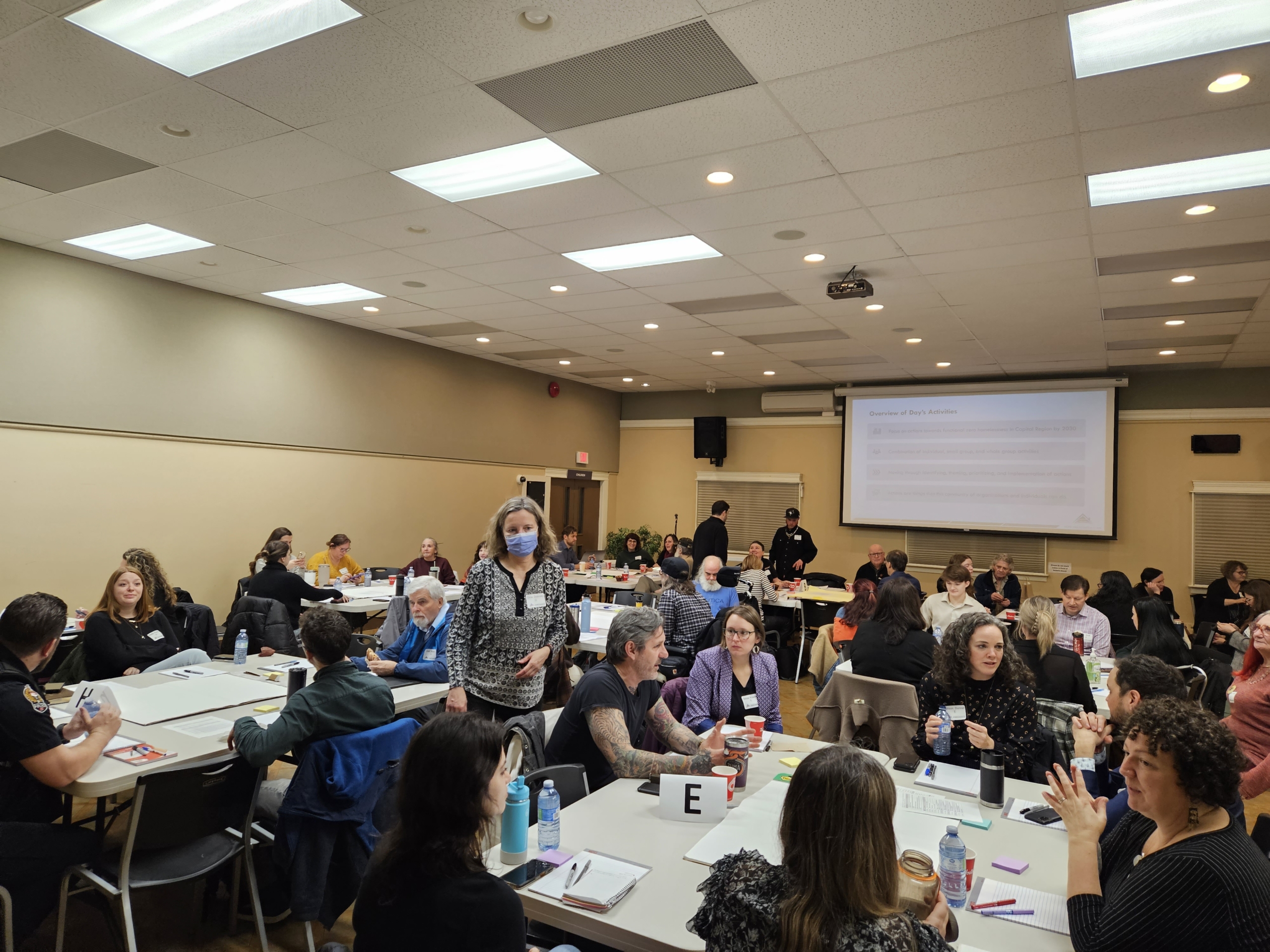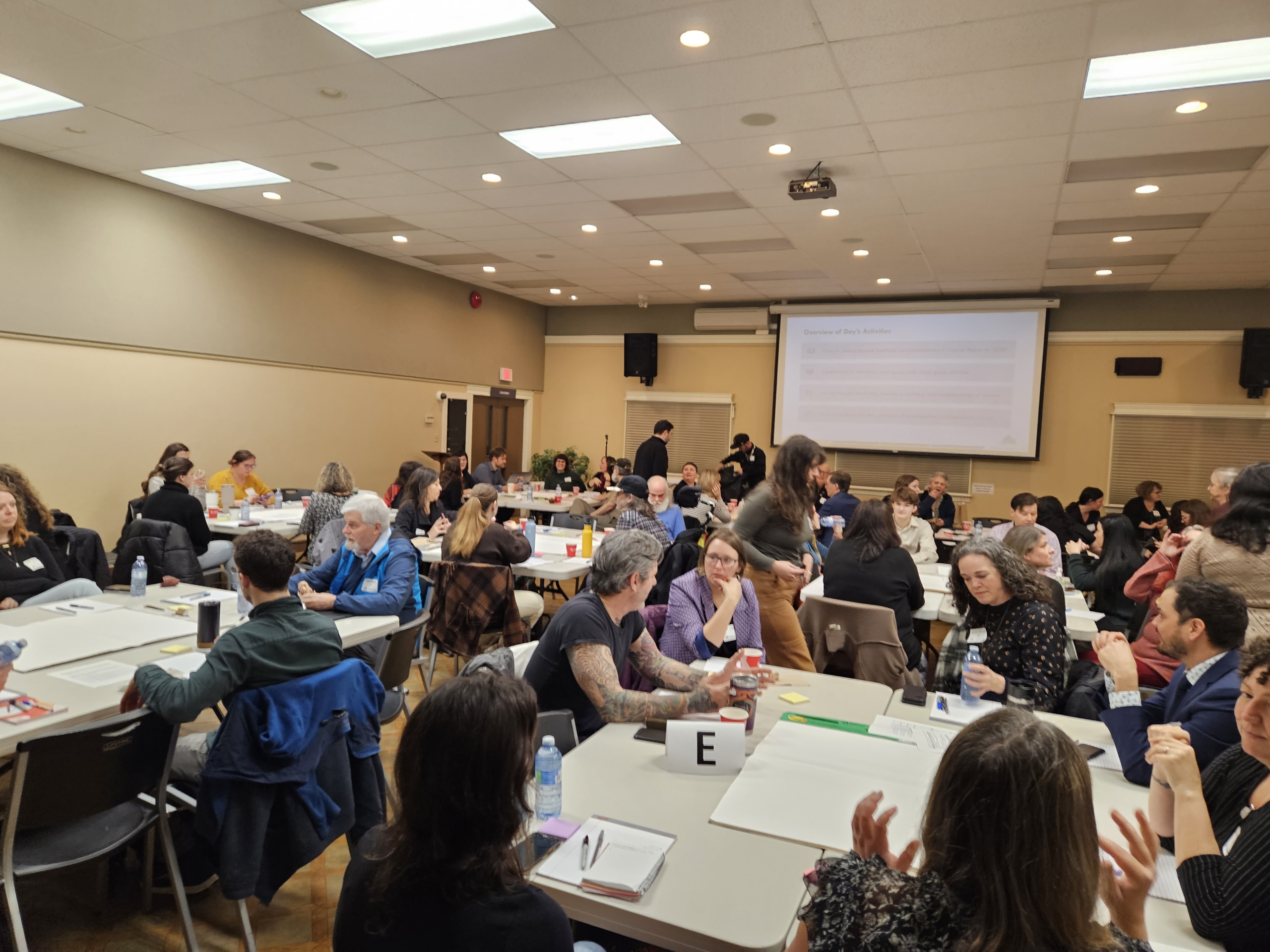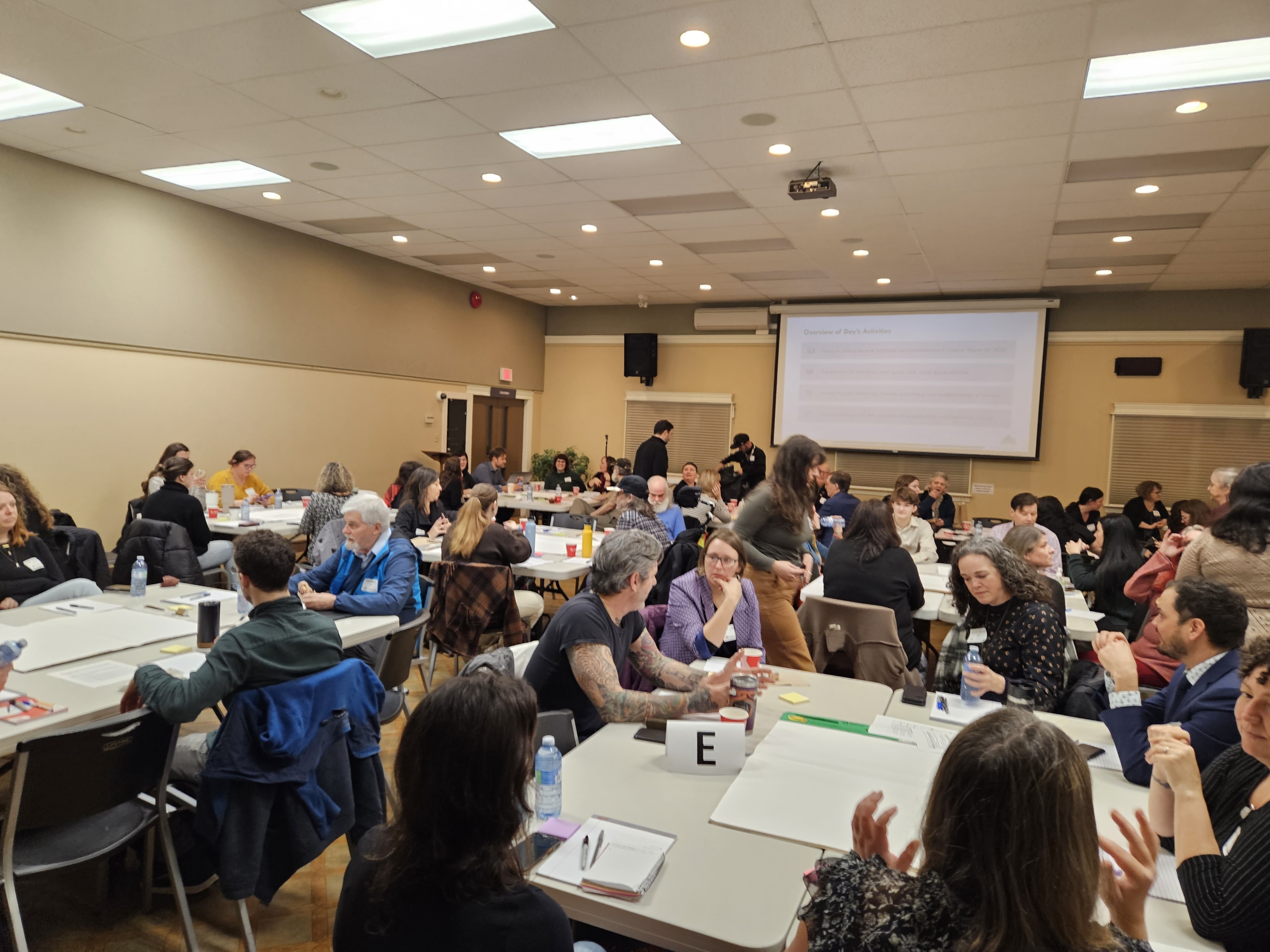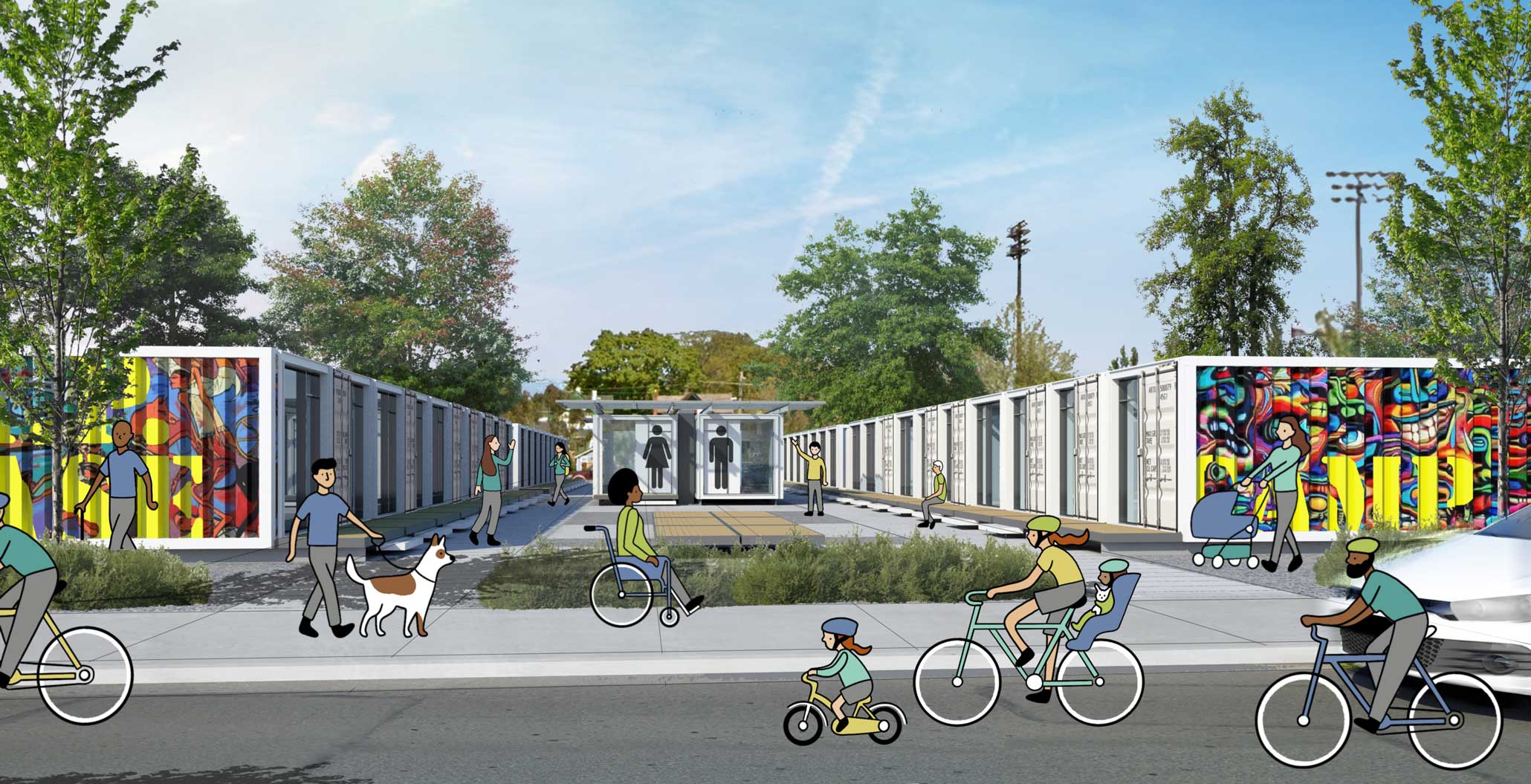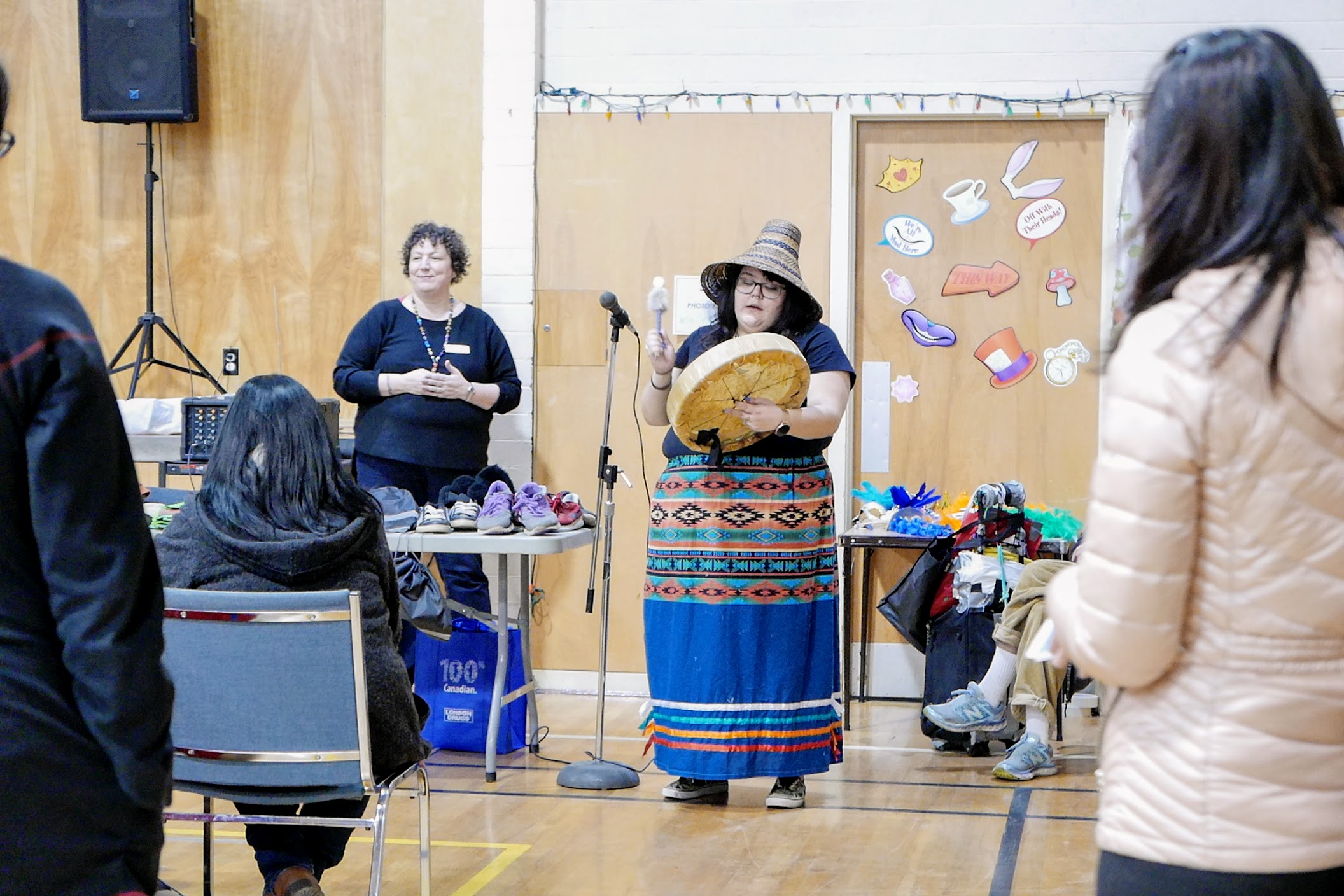A local developer and the Greater Victoria Coalition to End Homelessness are joining forces to raise $500,000 to convert 30 shipping containers into a temporary “tiny homes” village.
Luke Mari of Aryze Developments said he approached the coalition several months ago in response to the ongoing debate about people camping in city parks. The idea, he said, was to find an intermediary step between tents and permanent homes.
“We thought, what is an interim, rapid solution using existing resources?” he said. “So shipping containers. We, at Aryze, use them for our site construction offices. I was staring at this new one that we just had delivered and I was , like, ‘Why can’t someone live in there temporarily?’
“It’s waterproof. It’s fireproof. It’s heated. We can add windows to these and we can have a common shower facility. That’s really where it started.”
Victoria Mayor Lisa Helps, who co-chairs the coalition, embraced the idea and will help launch the “Hey Neighbour!” crowdfunding campaign for the project today on CanadaHelps.org.
She said “tiny home villages” have been done successfully in other communities. “So why not here in the middle of a pandemic where we can move people pretty rapidly from outside to inside in a transitional way?”
A location for the village has yet to be determined, but both Helps and Mari said it could be on either private or city-owned land as a temporary solution to the city’s homelessness issue.
“It’s not meant to be permanent,” Mari said. “What this is meant to do is buy B.C. Housing or others time to be able to school up their modular housing program or if they have to acquire another hotel or build a supportive housing project.”
He said Aryze has donated time, labour and resources to find a container supplier and develop designs that would meet fire and safety codes. Each unit would be 160 square feet with a bed, desk, hot plate, fridge and shared shower and washroom facilities.
“We can build one of these a day,” he said. “So once the assembly line is up and running, we can pound out 30 homes in a month, which is just unheard of.”
The timeline for the project hinges on how quickly the coalition is able to raise the money. “I’m hoping that by end of December we have what we need to place our order and to have people living in these by the first week of February,” Mari said.
In addition to supporting the fundraising, the Coalition to End Homelessness will work with its other partners to make sure that people who move into the tiny homes have the necessary mental health, vocational, peer and other supports they need, said Janine Theobald, inclusion and collaboration manager.
“So that might be supporting individuals who are living at the space to be part of the programming delivery itself,” she said.
Kelly Roth, executive director, said the coalition is always exploring multiple housing options for people and welcomed Aryze’s involvement. “The idea of tiny homes and the possibility of having a developer interested in actually supporting that was very exciting to us — just because it’s not something that we’d be able to do on our own,” she said.
Mari said Aryze gets labelled as a developer. “But, at the end of the day, we see ourselves as home builders, as builders of community. And how can we call ourselves home builders with people living in parks?”
lkines@timescolonist.com
Article: Developer, coalition pitch ‘tiny homes’ for homeless, using shipping containers
Source: Times Colonist

